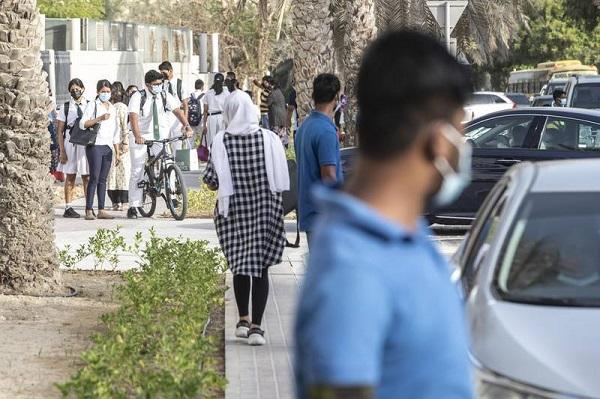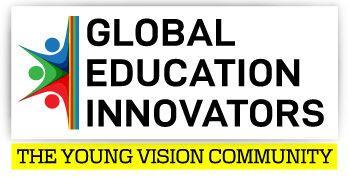UAE private school market named largest in world – and set for further growth

Dubai has 333 international schools – the highest for any city worldwide
Enrolment at international schools in the Middle East and North Africa region has risen by a fifth over the past six years, according to a new report – and the UAE is the world leader in pupil numbers.
The report, the International Schools Market in the Mena Region, found that the UAE has 725 international schools with a total of 696,600 pupils.
Of these schools, 333 are in Dubai, a record for any city.
Across the Mena region, there are now 2,264 international schools, a 20 per cent increase on 2015’s figure, when there were 1,885.
“Looking ahead, we believe growth remains on the agenda, as this region will continue to experience population increase as well as economic development”Matt Thompson
The study was produced by ISC Research ahead of Gess Dubai, an education trade show scheduled for Dubai World Trade Centre from November 14 to 16 in partnership with the Ministry of Education.
Matt Thompson, project director with Tarsus, the organiser of Gess Dubai, said the growth of the international schools market in the region showed the sector was “showing resilience, despite the challenges brought on by the [coronavirus] pandemic”.
“Looking ahead, we believe growth remains on the agenda, as this region will continue to experience population increase as well as economic development, factors that will provide the impetus for the expansion of the education market.”
In terms of pupil enrolment at international schools, China is in second place behind the UAE, with 419,000 children, while India is in third place, with 316,000 pupils.
Within the Mena region, other countries with large numbers of international schools include Saudi Arabia, with 292 (319,600 pupils), Egypt, with 279 (119,800 pupils), and Qatar, with 207 (181,900 pupils).
According to the figures in the report, growth in the Mena region’s international schools sector may be slowing.
In the period 2015 to 2018, the number of international schools in the region rose from 1,885 to 2,162, an increase of 14.7 per cent.
The increase over the subsequent three years was a more modest 4.7 per cent, to the current figure of 2,264.
Pupil enrolment at international schools in the Mena region grew from 1.53 million in 2015 to 1.83 million in 2021, an increase of 19.5 per cent.
The number of teaching staff increased at a slightly higher rate of 21 per cent, from 126,000 in 2015 to 153,000 now.
Average tuition fees increased over the same six-year period from $7,000 (Dh25,711) in 2015 to $7,700 (Dh28,282) in 2021, a rise of 11 per cent.
With pupil numbers having grown significantly over the same period, total fee income went up much faster, from $9.85bn (Dh36.18bn) to $13.48bn (Dh49.51bn).
The report was presented at a recent online conference – the Mena Education Sector: A Blueprint for Success – which discussed issues affecting the education sector as schools return to face-to-face teaching or use hybrid learning as the pandemic continues.
The need for students to learn remotely at least some of the time meant that “almost every international school” in the UAE has upgraded its educational technology, the report said, with institutions using software such as Microsoft Teams and Zoom, and specialist educational platforms.
International schools in the Emirates are also looking to use technology to improve pupil and teacher well-being, according to the report.
“When asked about how the use of technology in international schools is changing, school leaders reported using more responsive and personalised learning and assessment or increasing virtual reality and artificial intelligence provision within the classroom,” the report said.
The pandemic has seen schools move away from using devices and resources that are shared by pupils, and more online books instead of physical books are being used, in part for cost reasons.
Source: The National
